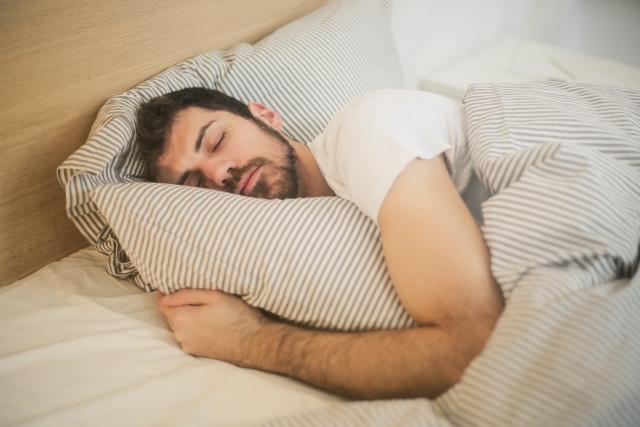When we sleep our bodies are really doing quite a lot of work. In the first few hours, we go into a very deep sleep. That’s when our body is resting and repairing. It’s when we fill up our energy stores for the next day.
That’s according to CQU’s Head of Paediatric Sleep Research Professor Sarah Blunden, who recently answered the question of “What Happens if You Don’t Get Enough Sleep” for The Conversation’s Curious Kids segment.
“At different times of the night, we also have a lot of lighter sleep. This includes something called “rapid eye movement” sleep or REM sleep. That’s when someone’s eyes flicker and move, even when shut,” she said.
“During this type of sleep, we dream. Our brain is very, very active. It’s busy sorting and organising information, storing memories and even working out problems.
So there’s a lot of really important things that go on when we sleep.
But what happens if we don’t sleep?
“The first most obvious thing that happens when we don’t sleep is we get sleepy. When we don’t get enough rest, it’s also harder to be active, want to do things, or get excited about things,” she said.
“No wonder a lack of sleep can make us grumpy and irritable.
“If we don’t get enough REM sleep, it makes it harder to concentrate and learn. It makes it harder to remember schoolwork from one day to the next. All these things make it harder to do well in school.
“So having the right amount of sleep is really important.
Prof Blunden said while a few missed night’s sleep in a row wasn’t all bad, extended periods of poor sleep could affect our health.
“If we don’t get good sleep on one night or two, we can probably catch up. Our bodies and brains will recover and we will be fine,” she said.
“But if we don’t have enough sleep or not good quality sleep for a long time, that’s different. As sleep controls so many aspects of our health, this can really mess with our bodies and brains.
“We are more likely to fail a year at school, put on weight, become depressed and get pretty sick for a long time, just to name a few examples.
“So it’s really best to set up good sleep patterns early in life so that doesn’t happen to us.
She said not everybody needs exactly the same amount of sleep.
“But people who study sleep, like me, think someone in your age group, Heyda, usually needs between nine and 11 hours a night,” she said.
“We also need good quality sleep. This means it needs to be restful, without too much waking up at night. It also means we need to make sure we go to bed and wake up around the same times every day.”








